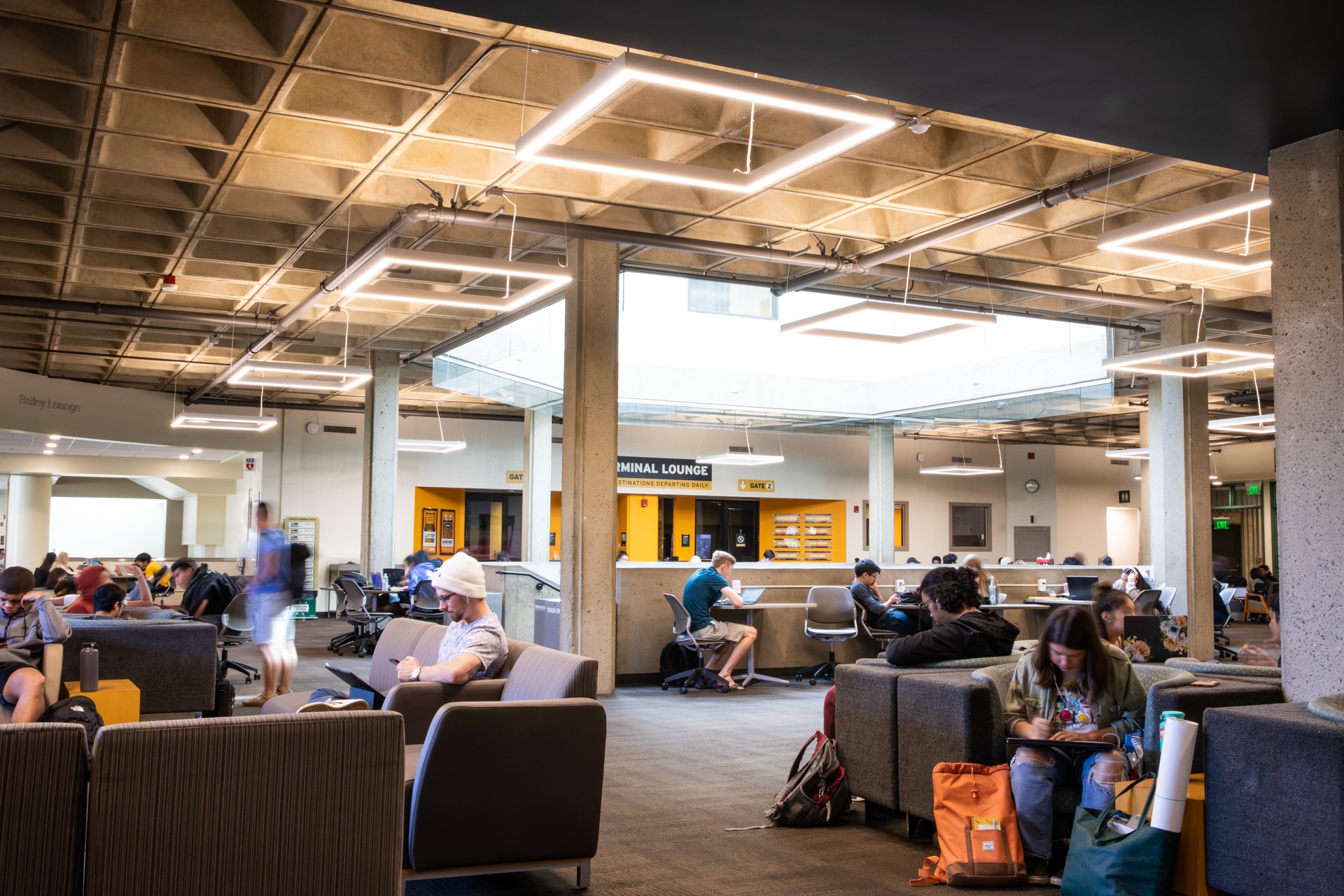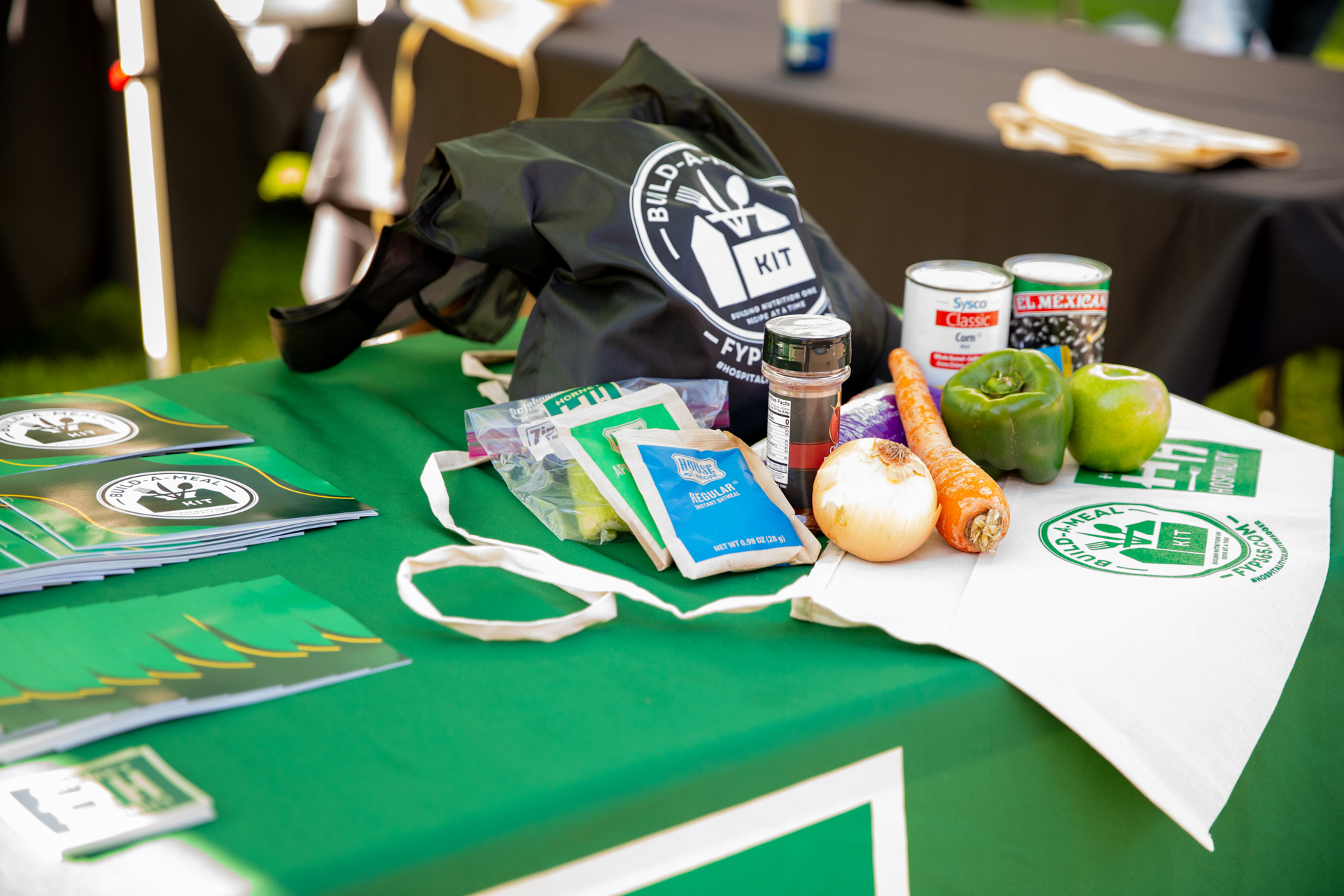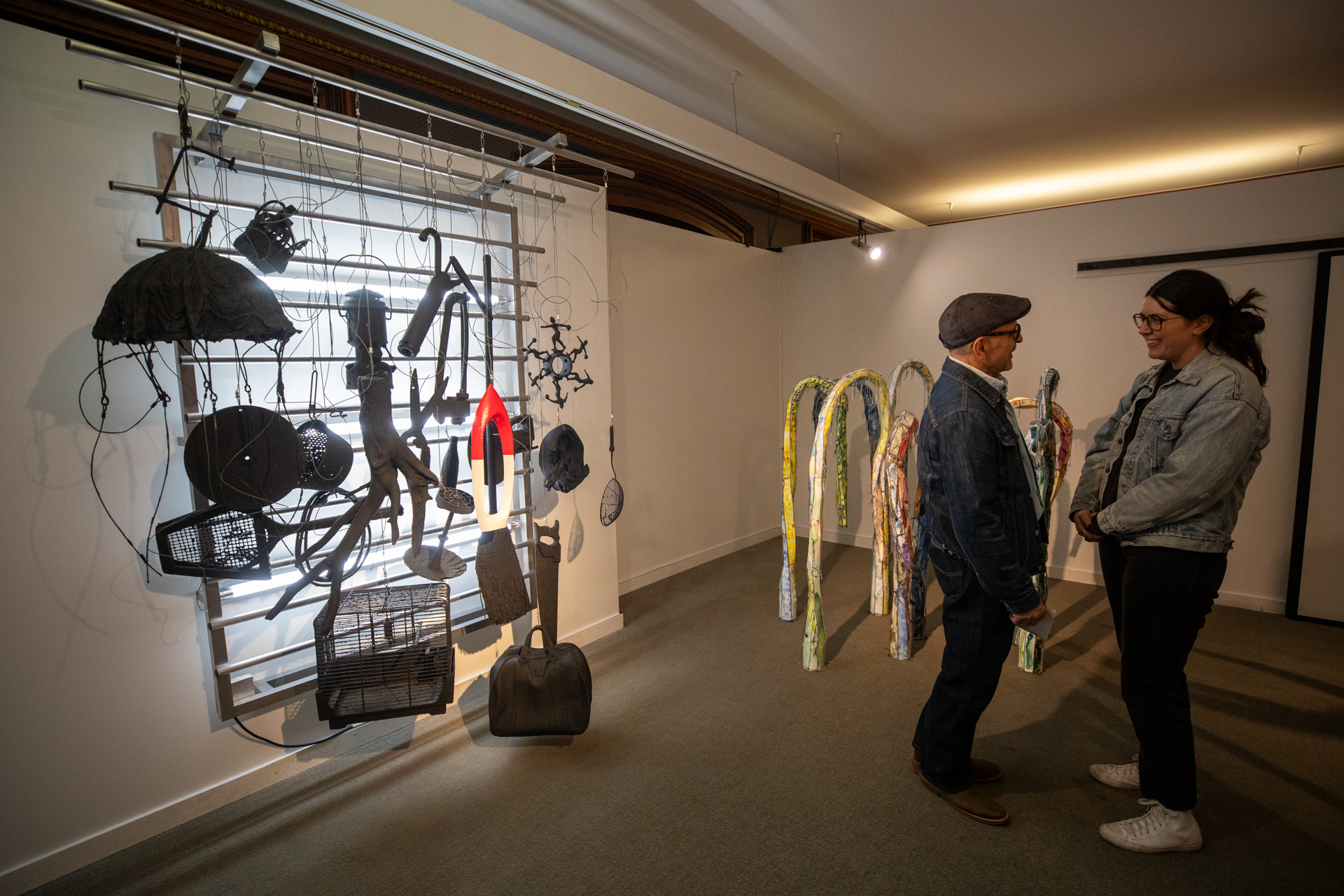Story Content
One Book discussion of Japanese American internment spurs call to action
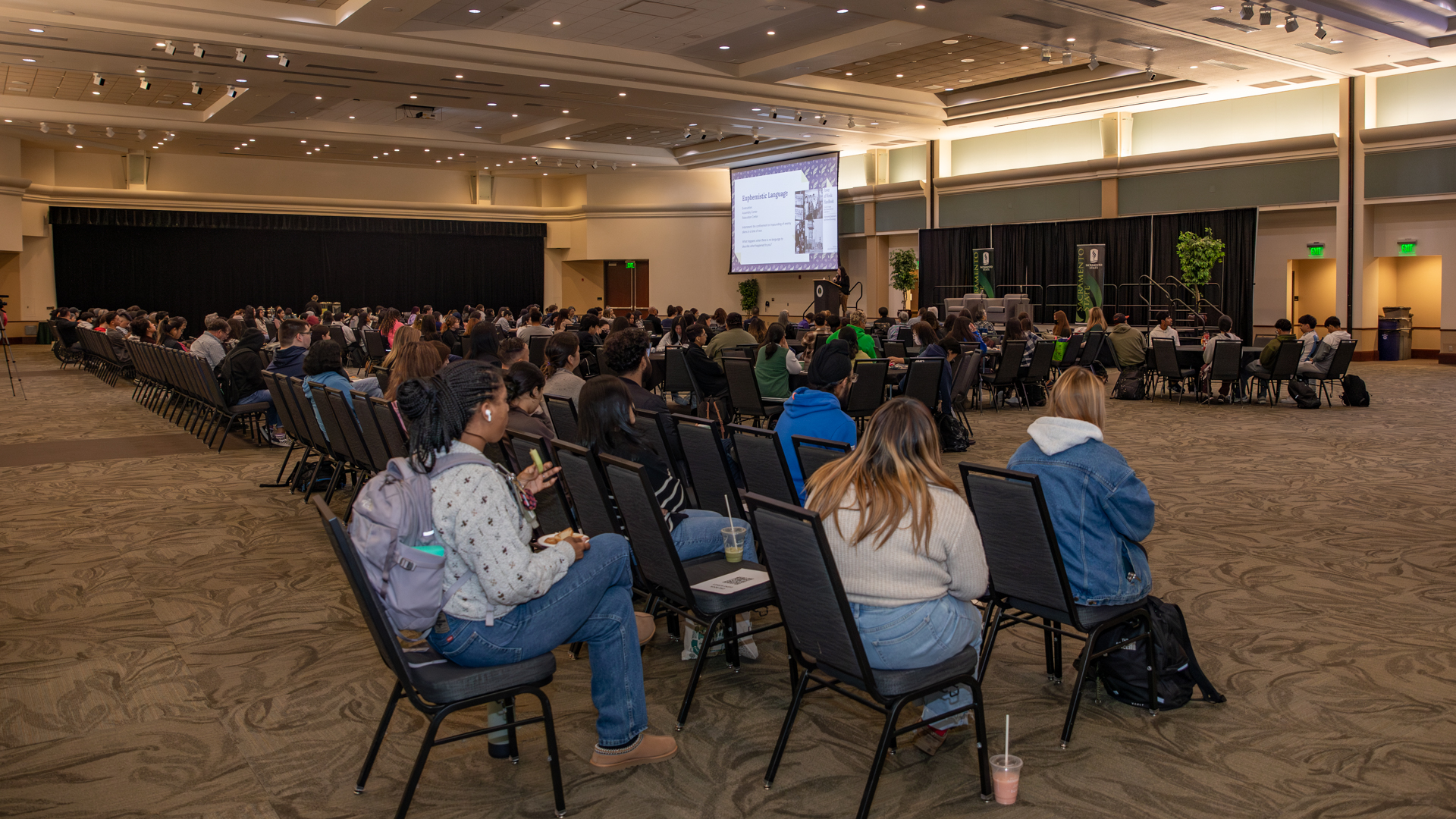
November 16, 2023
A memoir about a Japanese American family’s incarceration during World War II continues to inspire a call to action more than 50 years after it was first published.
“Now that you know the history, now that you’ve read the book, what are you going to do?” Wendi Yamashita, a Sacramento State Ethnic Studies professor, asked a crowd of students and faculty participating in the Sac State One Book event Nov. 14.
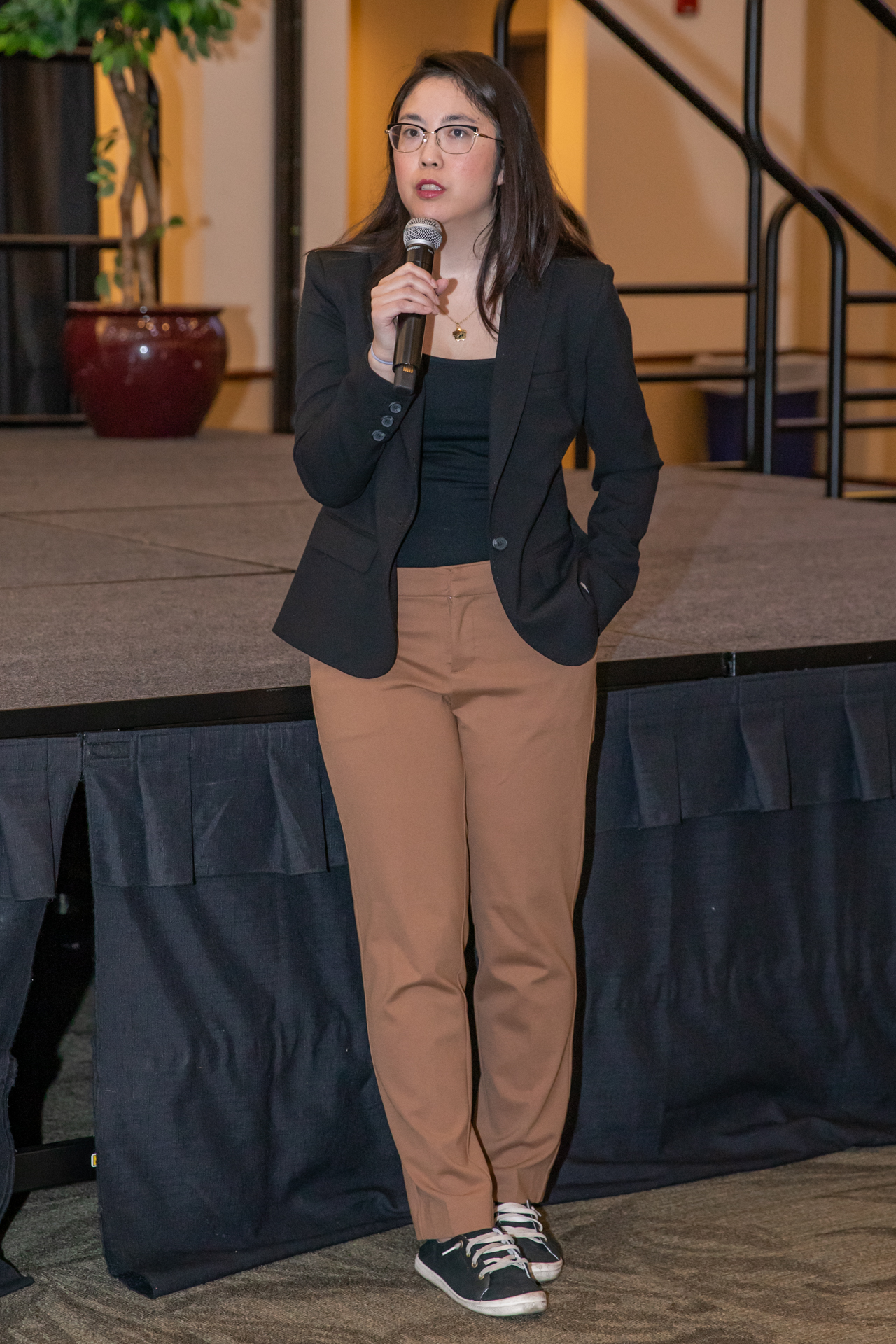
Yamashita, whose grandparents were among the 120,000 Japanese Americans uprooted from their homes on the West Coast and forced into concentration camps, shared her own family’s history during the event.
The Sac State One Book Program chooses a book every year and hosts events to spur conversations about social justice issues among faculty, students, staff, and the Sacramento community.
This year, One Book partnered with Inclusive Excellence and selected the 1972 memoir "Farewell to Manzanar" by Jeanne Wakatsuki Houston, who was 7 years old when her family had to abandon their fishing business to live in a desert concentration camp, bringing only what they could carry.
Yamashita discussed the politics of racism, its devastating impact, and how the Japanese American community broke its silence decades after the war to win a formal apology from the U.S. government.
Even today, Yamashita and local community leaders say the work isn’t over.
“Each one of us needs to be vigilant and make sure that we keep our eyes out and our ears open to listen for the trends where civil liberties and civil rights can be trampled on,” Josh Kaizuka, co-president of the Florin Chapter of the Japanese American Citizens League (JACL) said.
“As an African American, I’m reminded that as a collective, I’m also a part of America’s not-so-nice history,” said Tina Jordan, Sac State assistant vice president of Strategic Success Initiatives and One Book Program coordinator.
“But if we all strive for social justice together, we move way more quickly.”
Two months after Japan bombed Pearl Harbor, President Franklin D. Roosevelt signed Executive Order 9066 excluding anyone of Japanese ancestry from the West Coast. People initially were sent to live in temporary “assembly centers” including the Santa Anita Racetrack.
“My grandmother was 10 or 11 years old, and one thing she remembers is the smell because they were living in what were former horse stalls,” Yamashita said. “It was a very dehumanizing experience as a young child.”
Ten camps were hastily built in remote areas of California, Idaho, Utah, Arkansas, Wyoming, Arizona, and Colorado, where people lived in tough conditions surrounded by barbed wire fences and armed guards.
The government claimed it was for national security because it was impossible to determine who was loyal to the U.S. and who wasn’t.
“We know now that wasn’t true,” Yamashita said.
Intelligence reports from 1941 found that Japanese Americans on the West Coast posed no threat, she said.
Forty years after the war, more than 500 former internees testified at congressional hearings, many of them telling their stories for the first time. The bipartisan commission found that the camps were the result of racial prejudice, wartime hysteria, and the failure of political leadership.
The camps had devastating consequences for many families, Yamashita said.
The so-called loyalty questionnaire issued in 1943 was so confusing, many families didn’t know how to answer.
“People were scared to say yes, they were scared to say no. They didn’t know what was going to happen to them,” Yamashita said.
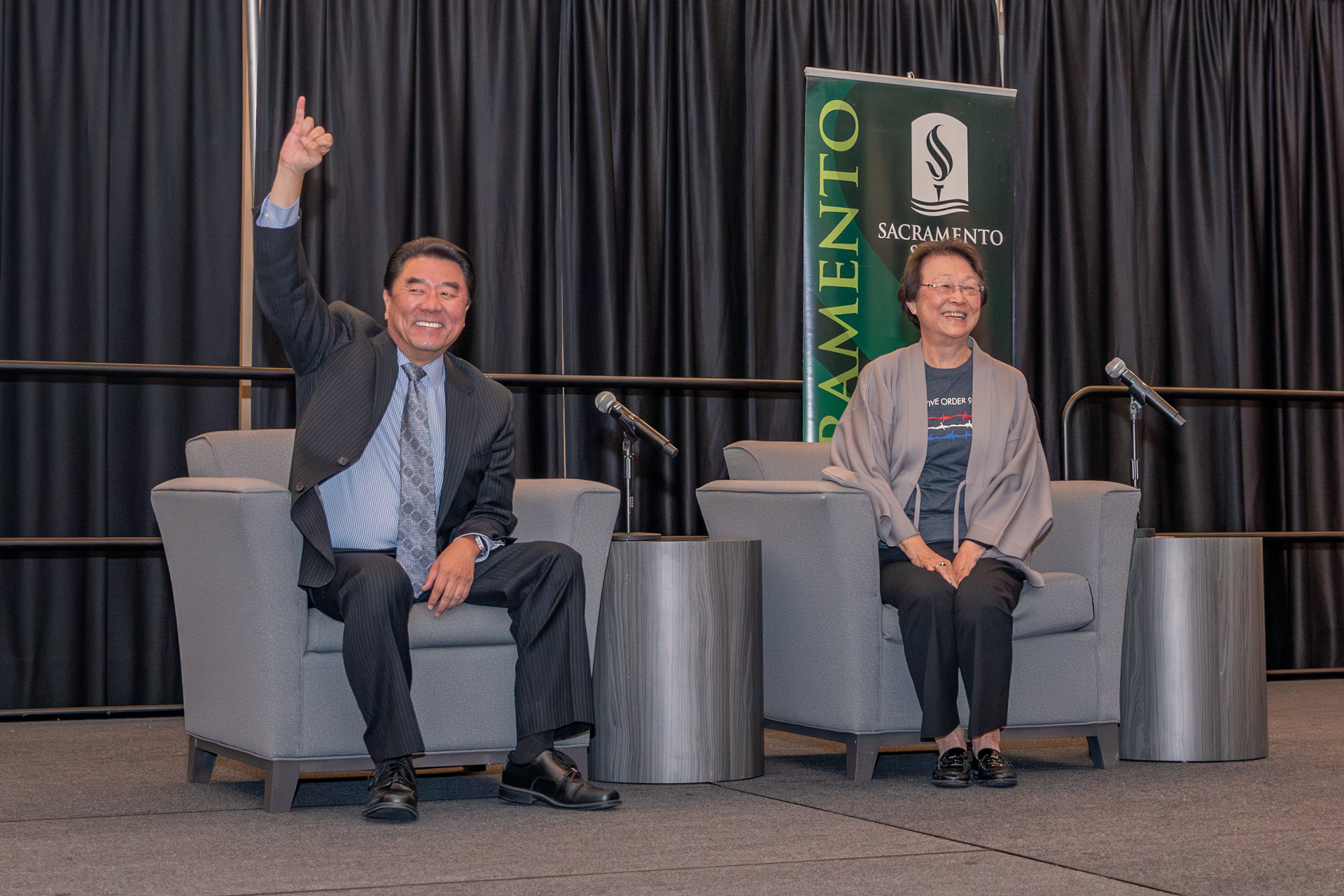
Her grandfather and his siblings planned to renounce their citizenship to stay together as a family. At the last minute, they changed their minds.
“I always tell folks I almost didn’t exist,” Yamashita said.
One brother, however, was so angry about what the U.S. had done to its own citizens he refused to change his answer and was sent to Japan.
“He lived there until his citizenship was reinstated in 1958. He remained very distant from his siblings for the rest of his life,” she said.
Yamashita also talked about Pat Sakamoto, who never knew her father because he answered no to the loyalty questionnaire.
“He was sent back to Japan, and she never saw him,” Yamashita said. “She didn’t know what happened to him until much later.
“The forced removal, the displacement, dispossession, and the destruction of families deeply impacted real people.”
Japanese Americans remained mostly silent about their wartime experiences for decades. The Civil Rights Movement and rise of Black Power and Chicano Power changed everything.
In December of 1969, Japanese American college students organized the first pilgrimage to Manzanar.
“They got off the bus, and it was freezing. ... They saw the desolation and experienced the cold,” Yamashita said.
The experience unlocked memories and spurred the community into action.
Japanese Americans led a successful campaign for redress and reparations, and today Manzanar is a National Historic Site.
The Japanese American Citizens League (JACL), including Sacramento’s Florin chapter, actively support reparations for African Americans.
Camp survivors formed Tsuru for Solidarity in 2019 to put an end to U.S. detention camps and the separation of children and families.
“It’s our responsibility as Japanese Americans to make sure that when other communities are being attacked, people of color or marginalized communities, we step up and stand up with them,” Florin JACL’s Kaizuka said.
Media Resources
Faculty/Staff Resources
Looking for a Faculty Expert?
Contact University Communications
(916) 217-8366
communications@csus.edu
